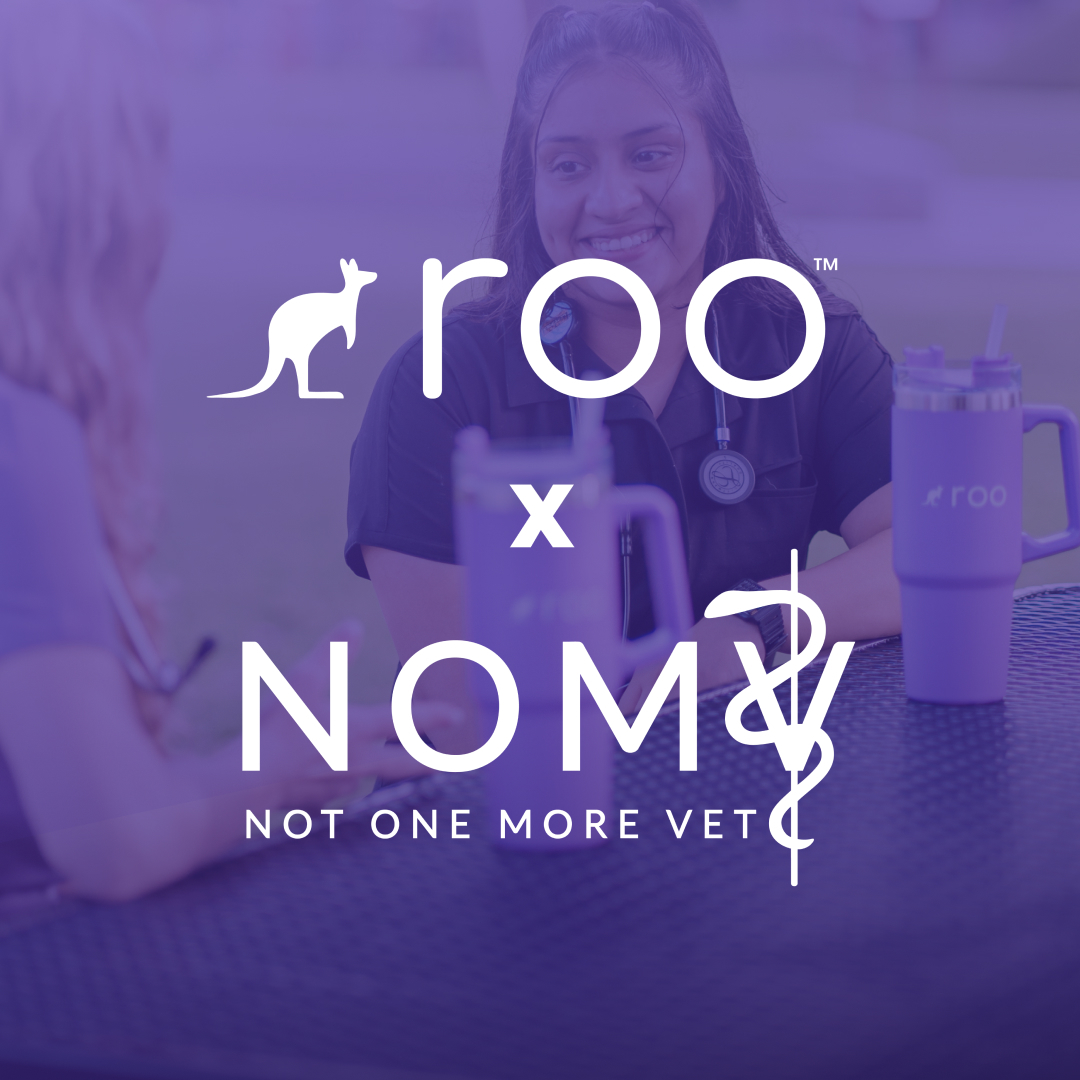So, you did it. You survived vet school! After years of demanding coursework, late-night study sessions, and countless clinical hours, you’re finally a Veterinarian. Take a moment to celebrate, you’ve earned it. But as the graduation confetti settles, a new challenge appears: navigating the veterinary job market. It can feel like a huge, uncharted territory, but don’t you worry. We’ve got your back.
Think of this as your friendly guide to landing that first job. We’ll walk you through everything from polishing your resume to understanding the different kinds of work available, including flexible relief work. Finding your first position is a big step, and with the right approach, you can find a role that’s not just a job, but the perfect start to a fulfilling career.
Preparing for your job search
Before you dive headfirst into job applications, a little prep work can make a world of difference. Getting your materials in order and taking time for self-reflection will help you approach the job hunt with confidence and clarity.
Crafting a resume that stands out
Your resume is your professional handshake, and in a competitive field, you want to make a great first impression. While your academic achievements are important, they don't tell the whole story. A truly effective resume showcases who you are as a professional.
Think beyond your grades and list of completed courses. Highlight any hands-on externships or unique clinical rotations you participated in. Did you work with a specific type of animal? Did you gain experience with special equipment? Add it in. Also, include any part-time jobs or volunteer roles, even if they weren't in a clinic. These experiences demonstrate responsibility, dedication, and a strong work ethic.
Most importantly, be professional. Use a clean, easy-to-read template. Proofread it multiple times for any typos or grammatical errors. A polished resume shows prospective employers that you are detail-oriented and serious about your career.
Defining what you really want
The "perfect job" looks different for everyone. Before you start your search, take some time to think about what it means to you. What kind of environment will help you thrive? Considering these factors early on can help you narrow your search and find a workplace culture that’s the right fit.
Ask yourself a few key questions:
- What kind of medicine do you want to practice? Are you drawn to the fast-paced world of emergency medicine, the long-term relationships of general practice, or the deep knowledge of a specialty?
- What does your ideal clinic look like? Do you picture yourself in a large hospital with many colleagues or a small, tight-knit practice?
- What kind of mentorship are you looking for? A supportive mentor can be one of the most valuable assets in your first year of practice, offering guidance and helping you build confidence.
- What about work-life balance? Think about your desired schedule, hours, and on-call responsibilities. Your well-being is just as important as your professional growth.
There’s no right or wrong answer here. Being honest with yourself about your priorities will make finding veterinary jobs a much more focused and successful process.
Actively finding veterinary jobs
With your resume polished and your priorities clear, it’s time to start the hunt. There are many avenues for finding veterinary jobs, and using a combination of methods will give you the best chance of discovering your perfect match.
Leveraging online platforms
In today’s digital world, many job searches begin online. You can find a wide variety of opportunities on dedicated veterinary job boards and professional websites. These platforms allow you to filter by location, practice type, and experience level, making it easier to find relevant openings.
This is also where a platform like Roo comes in. Roo is a relief management platform that connects Veterinarians with hospitals for freelance relief shifts. For a new graduate, this is an incredible way to explore the veterinary job market without a long-term commitment. You can try out different hospitals, see what kind of practice you enjoy, and gain a wide range of experience. It’s like test-driving a car before you buy it. You can see all the opportunities available in your area by signing up for Roo and exploring the shift board.
The power of networking
Never underestimate the power of a good conversation. Networking is a fantastic way to learn about unlisted job opportunities and make a personal connection with potential employers. Attend local veterinary association meetings, industry conferences, and workshops. Many organizations, including Roo, offer free CE events that are perfect for learning and networking.
Engage with the veterinary community online, too. Professional social media groups and forums can be great places to ask questions and connect with peers. When you reach out to someone, whether it’s an old classmate or a recruiter, always be prompt and professional in your communication. Your reputation starts building from your very first interaction.
Nailing the interview and offer
You’ve landed an interview, congratulations! This is your chance to shine and show a potential employer why you’re the right person for their team. It’s also an opportunity for you to decide if the hospital is the right fit for you.
Acing the interview
Preparation is key to a successful interview. Start by researching the hospital. Understand their mission, the services they offer, and their role in the community. Be ready to talk about your experiences and career goals, and prepare a few questions to ask them as well. An interview is a two-way street.
During the conversation, remember to highlight your soft skills. Your clinical knowledge is essential, but so is your ability to communicate with clients, work as part of a team, and show empathy for both pets and their people. These qualities are what turn a good Veterinarian into a great one.
Considering flexible work as a new graduate
As you begin your career, you have more options than just the traditional full-time associate path. Relief work offers a unique and empowering alternative that is particularly well-suited for new graduates. It provides a fantastic opportunity to navigate the veterinary job market on your own terms.
Working relief shifts through a platform like Roo allows you to experience a variety of practice styles and cultures. One week you might be at a busy urban clinic, and the next you could be at a quiet suburban practice. This diversity helps you build a broad skill set and quickly discover what you enjoy most. This is one of the best tips for vet graduates looking to build confidence and find their niche.
Roo makes it simple. As the largest veterinary relief network, we offer more shifts and variety than you’ll find anywhere else. You can create a flexible schedule that fits your life, with no minimum shift requirements. You control when and where you work. Plus, Roo handles the logistics, from finding shifts to ensuring you get paid quickly via direct deposit in as little as two business days. It’s a way to take control of your career from day one, all while earning a great income to tackle student loans or save for the future.
Your first year out of school is a time of incredible growth. By staying prepared, keeping an open mind, and exploring all your options, you can confidently step into a role that you love. The journey is just beginning, and we’re here to cheer you on every step of the way.
Frequently asked questions
1. How can new veterinary graduates find jobs?
Answer : New graduates can find jobs through several effective channels. Here are a few popular options:
- Utilizing online job platforms and dedicated veterinary job boards.
- Networking at industry conferences, local events, and through professional associations.
- Working with relief platforms like Roo to gain experience and connect with multiple hospitals.
- Checking the career pages of specific hospitals or corporate groups.
2. What tips can help navigate the veterinary job market?
Answer : Navigating the market can be easier with a few key strategies. Some of the best tips for vet graduates include:
- Crafting a standout resume that highlights both clinical and soft skills.
- Seeking mentorship from experienced Veterinarians for guidance and support.
- Being open to diverse opportunities to discover your passion, including relief work.
- Thoroughly preparing for interviews by researching the practice and practicing your responses.
3. What role do relief platforms play in job searches for Veterinarians?
Answer : Relief platforms like Roo act as a bridge connecting Veterinarians with hospitals for short-term or long-term assignments. They are not traditional staffing agencies but rather a relief management platform that empowers you to manage your own freelance career, choose your shifts, and explore different work environments before making a long-term commitment.
4. What's the average starting salary for a new Veterinarian?
Answer : According to a 2024 AVMA report, the average starting salary for new Veterinarians in private practice was approximately $130,000. This number can vary based on location, practice type, and other factors.
5. Is it a good idea to do an internship after vet school?
Answer : An internship can be a great choice if you want to gain more hands-on experience or pursue a specialty, making you a more competitive candidate. However, it is not mandatory, and many graduates successfully enter practice directly after school.

.png)




.png)
.png)




